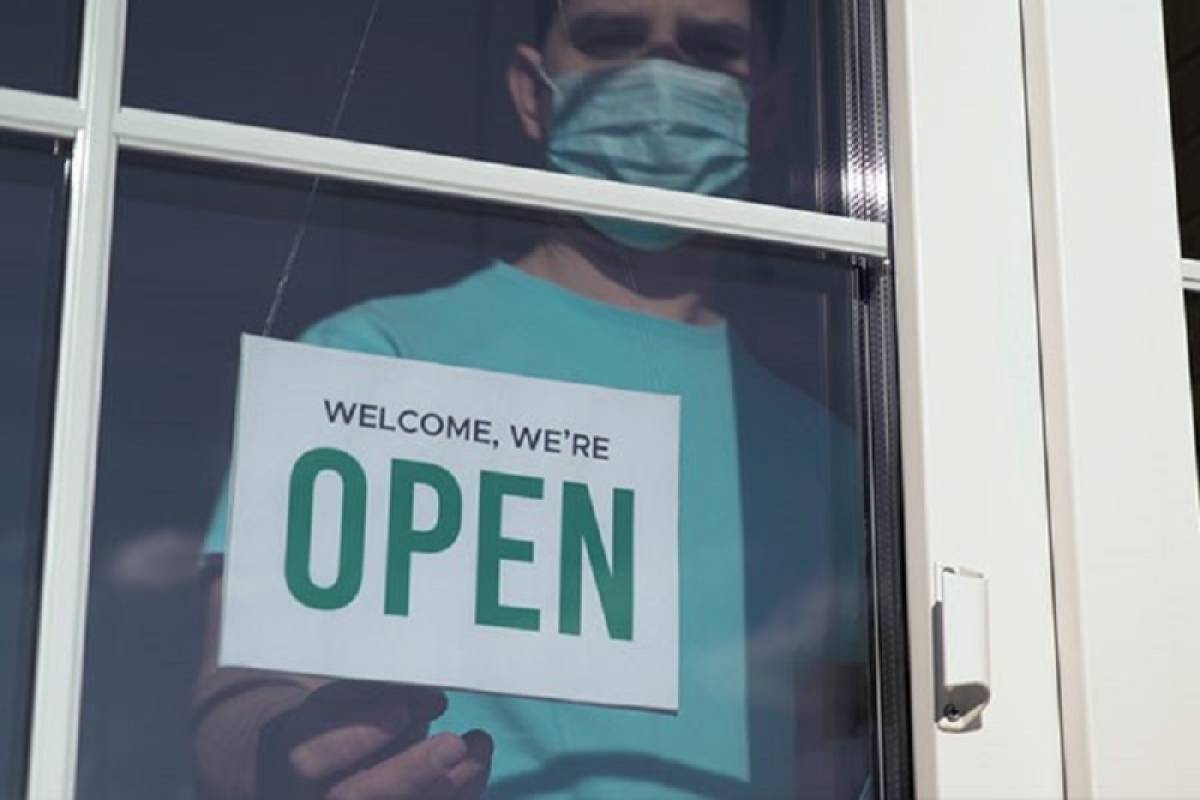Lessons Small Business Owners Can Learn From the Pandemic

Within a few months, COVID-19 has devastated the global economy. People are stressed out, everyone is wondering when the pandemic will come to its end and businesses will revive.
Although large businesses are equally affected, small businesses have borne the brunt of the crisis. Many have been unable to survive the sudden disruption to their supply chain and sales. It is expected that they will change permanently due to the coronavirus pandemic.
While things look bleak on one end, challenges always teach us great lessons.
This pandemic has been an eye-opener for small business owners and has taught them a few valuable lessons about contingency, preparedness, and risk mitigation.
Let us have a deeper look into it:
1. Diversification Is Essential

Don’t put all your eggs in one basket is a famous proverb and for a reason. It makes sense to invest your money in multiple ventures to mitigate risk. Business owners can also benefit from diversification; instead of focusing on providing one type of service or product, they can expand their product line to disperse risk.
For instance, gas stations have faced serious setbacks during this time of quarantine as people are confined in their homes, and the demand for fuel is down. If the gas station owners had a diversified business portfolio, they must have been earning something to tidy them over until the pandemic is over.
The trend of focusing on just one niche is risky and archaic. If you are targeting just one type of consumer, you are making your business vulnerable to climatic changes and economic shifts. Similarly, if you are building a global clientele, try to diversify the countries you target.
In the same way, restaurants should also look for diversification in service. Instead of offering just dine-in service, those restaurants offering curbside delivery, home delivery and takeaway are still earning good bucks. For instance, a carpet cleaning business has started pickup and home delivery amidst the Coronavirus. By doing so, the small cleaning business managed to meet their monthly income goals, which other businesses struggled to meet.
Diversification is not just about securing the business in times of crisis, it also helps in gaining more experience by dealing with several types of audience and facing different types of challenges. Though not simple, diversification comes gradually and helps in business expansion. Thus, it contributes to the overall ROI of the business.
Undoubtedly, business owners will need more investments and resources to dive into diversification. However, the benefits they will reap in the long run are incomparable.
2. Flexibility is Survival
The Coronavirus is not the first crisis that businesses have faced; however, it is the first challenge of its kind. It forced businesses to shut down because of socializing lead to the spread of the virus. Despite technological advancements, companies were not prepared for this challenge at all.
This unprecedented situation has made one thing very clear; those who learned to adapt would survive, and hence flexibility is essential in any organization, big or small. The resource-constrained small business industry needs to admit this fact and make future strategies accordingly.
Here are a few changes that businesses scrambled to adapt during Coronavirus:
I. Remote Work
One good thing that the pandemic has taught us is the efficiency of remote working. Companies that could transition to remote working successfully were able to remain operational during the pandemic.
However, those that could not suffer blows to efficiency and productivity. Therefore, it has become essential to learn digital skills to compete in the 21st century riddled with unforeseen circumstances.
Experts predict that teleworking will continue even after the pandemic. Thus, remote working will become mandatory in many cases. Though it requires some initial training, it saves a lot of cost and time.
Small business owners can control their overheads with digital working. In the same way, remote working can serve as a perk for potential candidates. You can hire the best resources across the world, instead of limiting your business to the local workers.
II. Trauma Management Plan is Imperative
Today, a horde of SMEs are battling with operational continuity due to the unprecedented situation. Some are implementing new strategies, while others are still perplexed. If every business owner had a plan to deal with such kind of crises, businesses would not face set a significant setback.
This pandemic has increased the importance o contingency plan manifold. Every business must develop a contingency plan for unforeseen circumstances such as the Coronavirus. Resources should also be saved to deal with unpredictable dangers and economic instability.
In short, setting up a new small business is not the same as it was before the pandemic. A business owner needs to meet the new requirements and equip the business plan with additional strategies.
III. Adaptability Is Essential
Since the virus has upended everything around us, we can see a drastic change in every sector. Though we talk about the essentials or the luxurious goods, every niche is adapting the new change. Some businesses that are unable to follow the SOPs are unable to run their operations properly.
To stay in action, small business owners need to show fast adaptability no matter what the situation is. From changing office hours to attire, everyone is embracing these precautionary measures. Some enterprises have even installed the sanitation showers on entrance while others are screening the employees before they enter inside.
3. No Compromise on Cash Reserves
The ongoing pandemic has taught us that business owners having a sufficient amount of cash reserves are able to cope with the pandemic as compared to those who did not have any war chests. Businesses that depend on monthly sales revenue had to downsize to remain operational; they fired employees, minimized expenditure, and cut-down operations to survive.
In some cases, these businesses were not able to survive at all. Most of them sought loans, while others couldn’t even survive with those. Just like individuals need to maintain some funds to deal with emergencies, business experts advise having some cash cushion to deal with urgencies.
Therefore, it is essential to maintain an emergency cash fund that is sufficient enough to keep your business running for at least two months in case of a crisis. Not only will you remain in business, but you will also gain the trust and loyalty of your employees. Employees will give 100% to the job, as their job will be secured even during hard times.
Conclusion
Ultimately, though, we can just plan for a better future and arm our business strategies with better plans to face the upcoming challenges. We do not exactly know what the next crises will be and what hurdles do our small business need to face. But, lessons learned from this pandemic can work as a helpful resource in surviving during the next crisis.
What lesson have you learned from the current situation? What are your plans for the future?
Share with us in the comment section below!






















